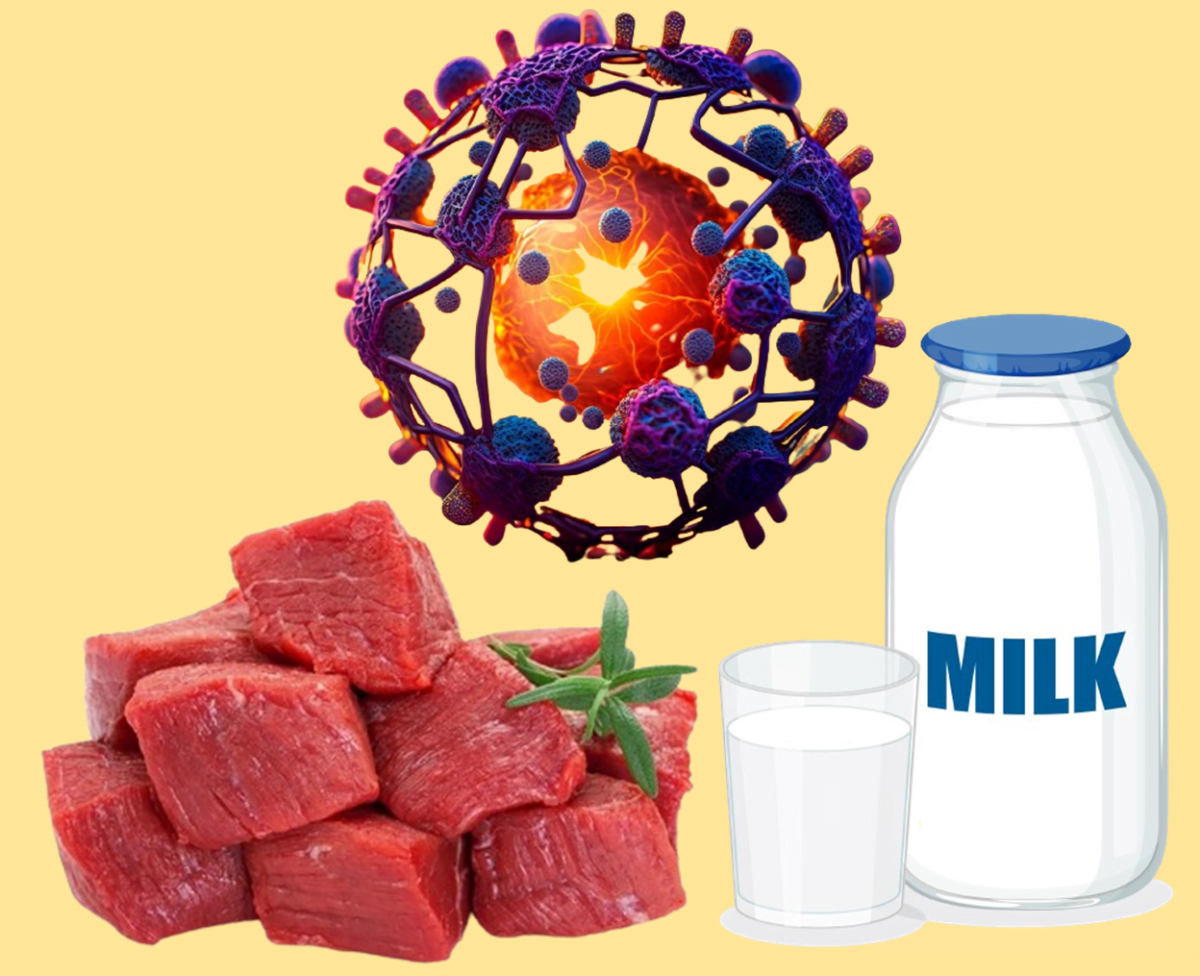New Study Suggests that Nutrient Found in Beef and Dairy Improves Immune Response to Cancer

Scientists from the University of Chicago have uncovered the immune-boosting potential of trans-vaccenic acid (TVA), a fatty acid abundant in beef, lamb, and dairy products. This discovery, published in Nature, sheds light on how TVA enhances the effectiveness of immune cells, specifically CD8+ T cells, in infiltrating tumors and combating cancer cells.
Lead researcher Professor Jing Chen, along with colleagues Hao Fan and Siyuan Xia, embarked on a meticulous exploration into the impact of nutrients on anti-tumor immunity. Their work, detailed in the publication, unveils TVA as a standout candidate among 255 bioactive molecules screened for their ability to activate CD8+ T cells. Intriguingly, TVA, found in substantial quantities in human milk and derived from grazing animals, demonstrated superior performance in both human and mouse cells.
The study’s significance extends beyond the laboratory, as the team conducted experiments feeding mice a diet enriched with TVA. The results were striking—tumors, particularly melanoma and colon cancer cells, exhibited reduced growth potential compared to mice on a control diet. Additionally, CD8+ T cells displayed enhanced infiltration into tumors, showcasing TVA’s potential in augmenting the body’s natural defenses against cancer.
Delving deeper into the molecular realm, the researchers harnessed innovative techniques such as kethoxal-assisted single-stranded DNA sequencing (KAS-seq) to uncover how TVA influences cellular processes. Their findings revealed that TVA inactivates the GPR43 receptor on cell surfaces, outperforming short-chain fatty acids often produced by the gut microbiota. This activation triggers the CREB pathway, a cellular signaling process crucial for growth, survival, and differentiation.
READ: Genetic Foundations of Production, Reproduction, and Health in Agriculture
The team also analyzed blood samples from lymphoma patients undergoing CAR-T cell immunotherapy. Strikingly, patients with higher TVA levels exhibited more favorable responses to treatment. Similarly, testing leukemia cell lines demonstrated TVA’s ability to enhance the effectiveness of immunotherapy drugs against leukemia cells.
Despite these promising findings, Professor Chen emphasizes caution regarding dietary implications. While TVA shows potential as a dietary supplement for T cell-based cancer treatments, the emphasis should be on optimizing the nutrient itself rather than increasing consumption of red meat and dairy, which have known health risks. Professor Chen anticipates that other nutrients, possibly from plant sources, may also activate the CREB pathway, opening avenues for further research.
This new research elaborates on the potential of a “metabolomic” approach to understanding how dietary components impact health. Professor Chen and his team aspire to construct a comprehensive library of nutrients circulating in the blood to understand their impact on immunity and broader biological processes, including aging.



